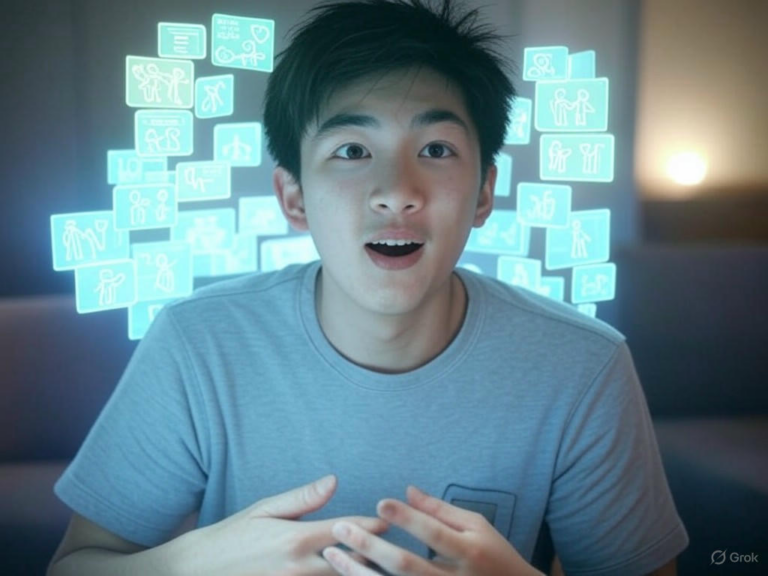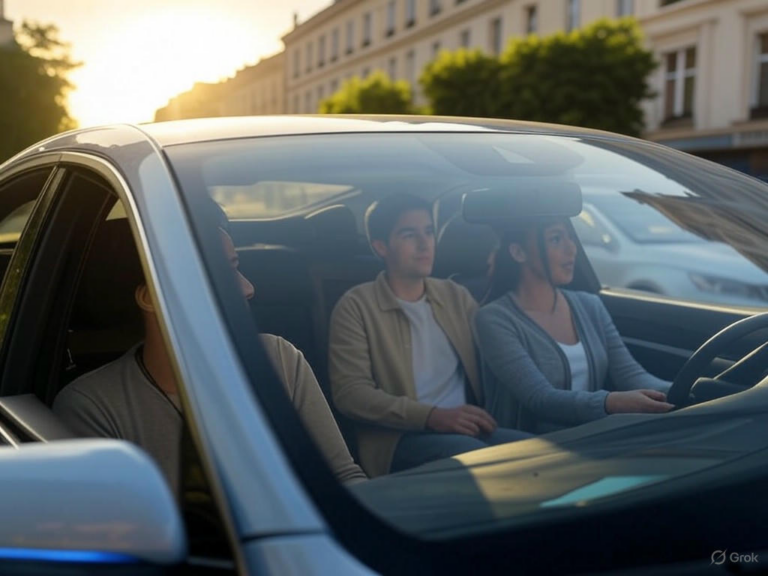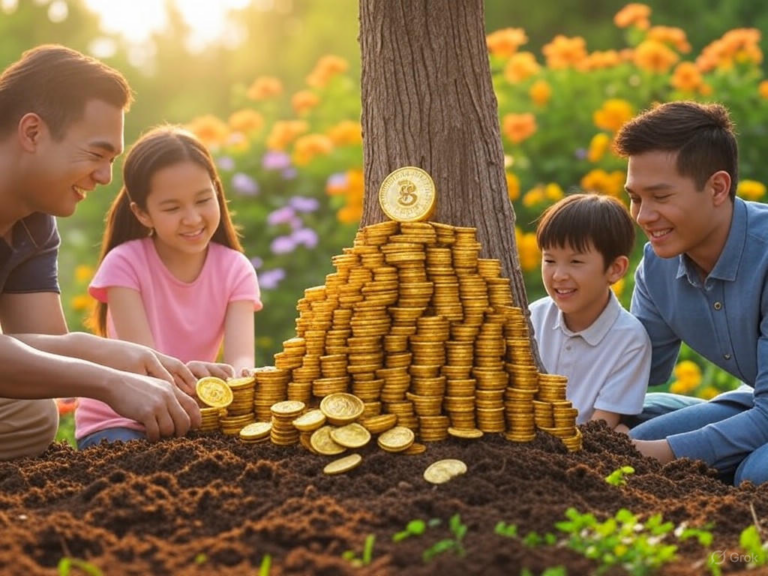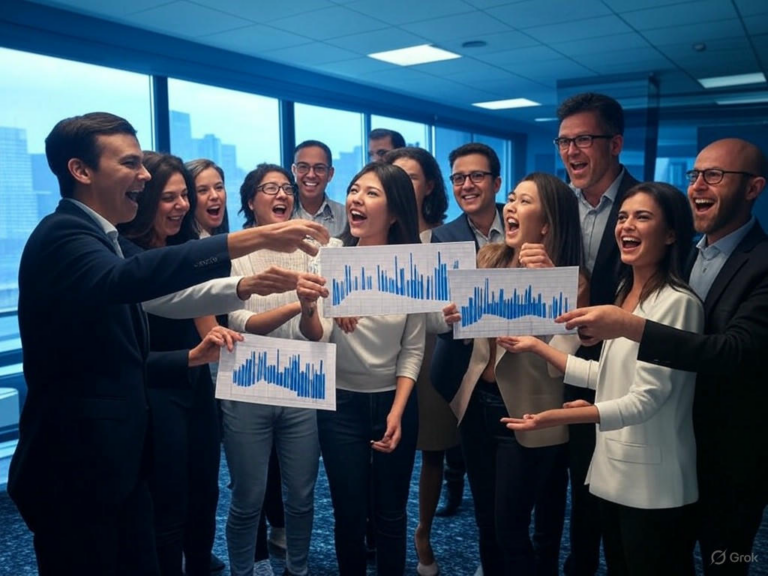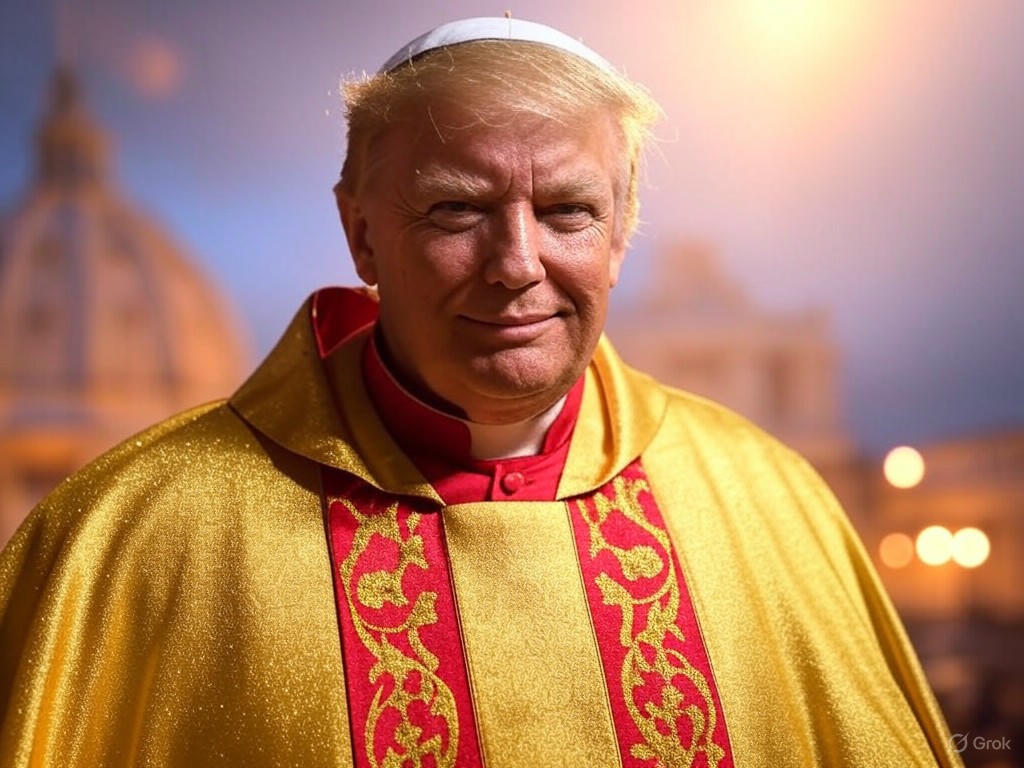
Trump’s Fantasy: Dreaming of Becoming the Next Pope
Donald Trump’s Playful Papal Ambition
Imagine the former U.S. President, known for his bold declarations, tossing out a surprising quip about stepping into the shoes of the Pope—it’s the kind of headline that stops you in your tracks. That’s exactly what happened when Donald Trump jokingly expressed interest in becoming the next Pope, stirring a whirlwind of chatter just days after Pope Francis’s passing. Trump’s next Pope fantasy, shared with his trademark flair, quickly turned into a viral sensation, blending humor with heated debates across social media and news outlets.
This unexpected remark wasn’t just off-the-cuff; it highlighted Trump’s knack for blending politics with pop culture, drawing millions into conversations about faith and leadership. Have you ever wondered how a figure like Trump could capture global attention so effortlessly? It’s a testament to his enduring influence, even in the solemn context of selecting a new spiritual leader for the Catholic Church.
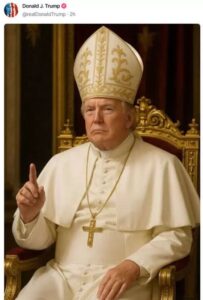
The Backdrop: A New Chapter in the Catholic Church
As the Vatican gears up for its traditional conclave, the Catholic world is buzzing with anticipation and reflection following Pope Francis’s death. This process, steeped in ancient rituals, involves the College of Cardinals gathering in secrecy to choose the next pontiff, a role that demands unwavering devotion and spiritual depth. Trump’s next Pope comments, while clearly in jest, threw an unconventional twist into this revered tradition, underscoring how modern media amplifies even the most unlikely ideas.
For context, the papacy has always been about guiding billions through moral and social challenges, from climate issues to global equality—areas where Pope Francis often diverged from Trump’s views. This moment invites us to think about the intersection of secular power and religious authority, especially when a high-profile figure like Trump injects humor into the mix.
From the White House to the Vatican: Trump’s Public Jest
Trump didn’t stop at words; he amplified the fun by sharing an AI-generated image of himself in papal robes, complete with a mitre and a knowing smile. This playful post, which spread like wildfire, including through official channels, sparked both laughs and criticism. On one hand, supporters saw it as classic Trump—irreverent and entertaining—while others felt it disrespected the gravity of Pope Francis’s legacy.
It’s fascinating how technology like AI can turn a simple joke into a cultural phenomenon, doesn’t it? In this case, it highlighted the fine line between satire and sensitivity, reminding us that even in humor, timing and context matter immensely.
Global Reactions: A Mix of Amusement and Outrage
The fallout from Trump’s comments was swift and varied, with reactions pouring in from politicians, church leaders, and everyday folks online. Senator Lindsey Graham, for instance, chimed in with a light-hearted quip about potential “benefits,” which only fueled the meme machine. Opinions split sharply: fans appreciated Trump’s audacity as a breath of fresh air amid global tensions, whereas critics decried it as trivializing an institution that’s stood for nearly two millennia.
Catholic commentators, in particular, brushed it off as mere distraction, urging focus on the real work in Rome. If you’re following this story, you might ask yourself: Does this kind of banter erode respect for religious traditions, or does it humanize them in unexpected ways?
Why Trump’s Next Pope Bid Falls Short
While the idea makes for entertaining headlines, the reality of papal eligibility is far from flexible. The Catholic Church’s rules are clear: the Pope must be a baptized male Catholic, often with a background as a cardinal or bishop. Trump, as a Protestant with his unique life story, simply doesn’t fit the bill, which makes his quip all the more fantastical.
This mismatch serves as a great example of how public figures can spark curiosity about historical processes. Think about it—how often do we dive into the intricacies of the conclave without a celebrity angle? It’s a reminder that even improbable scenarios can educate and engage.
Spotlight on Real Contenders for the Papacy
Amid the distractions, the real focus should be on the cardinals in the running. Trump himself threw in a suggestion for Cardinal Timothy Dolan of New York, picturing him as a potential history-maker as the first American Pope. At 75, Dolan’s charisma and communication skills make him a notable figure, though he’s not the top favorite.
Experts point out that an English-speaking Pope could bridge cultural gaps in our interconnected world, a subtle nod to how language shapes global influence. Here’s a quick overview of some key players to give you a sense of the landscape:
| Papal Candidate | Nationality | Age | Notable Qualities |
|---|---|---|---|
| Cardinal Timothy Dolan | American | 75 | Charismatic leader with strong media presence and pastoral experience |
| Other Leading Cardinals (e.g., Cardinal Pietro Parolin) | Vatican/Italian | 60s-80s | Extensive diplomatic and theological expertise |
The Papacy’s Role in a Changing World
Trump’s next Pope daydream isn’t just silly; it shines a light on the evolving dynamics between the Catholic Church and global politics. Pope Francis frequently clashed with Trump on key issues like immigration and environmental policies, illustrating the tensions between spiritual guidance and worldly power.
In today’s landscape, the Church’s influence could shift with a new leader—one who might prioritize different challenges. For instance, a Pope with ties to the West could amplify voices on topics like human rights, but as historians note, the cardinals prioritize internal matters over external hype.
Could This Fantasy Alter the Church’s Direction?
Speculation abounds about whether a new Pope might lean into more progressive or conservative stances, potentially reshaping the Church’s global footprint. Yet, most analysts agree that the conclave remains insulated from outside noise, including from figures like Trump. As one Yale historian put it, “The Cardinals focus on the church’s core mission, not celebrity endorsements.”
This raises an interesting question: In an era of social media, can external pressures truly influence such a time-honored process, or does it stay firmly rooted in tradition?
Social Media Frenzy: The Viral Impact
The AI image of Trump in papal attire didn’t just go viral—it exploded into memes, parodies, and even merchandise, with phrases like “Make Vatican Great Again” trending everywhere. This digital whirlwind shows how platforms like Twitter and TikTok blend politics, religion, and tech in ways we couldn’t have imagined a decade ago.
It’s a prime example of how humor can cut through serious topics, making complex issues more accessible. If you’re active online, you’ve probably seen similar trends—think of how memes humanize debates and encourage broader participation.
Wrapping Up: Dream Versus Reality
In the end, Trump’s next Pope fantasy offers a fun escape while reminding us of the papacy’s profound role in society. The conclave will proceed with its age-old rituals, far removed from social media storms. Still, this episode underscores the power of modern communication to spark meaningful discussions about faith, authority, and change.
If this topic has you thinking about the future of the Catholic Church or the quirks of global leadership, I’d love to hear your thoughts in the comments below. Share this article with friends who might enjoy the debate, or check out some of our other pieces on politics and culture for more insights.
Frequently Asked Questions
- Can someone like Trump actually become Pope? No, the role is reserved for baptized male Catholics with ecclesiastical experience, making Trump’s path impossible.
- What’s the history of American cardinals in papal elections? No American has ever been elected, but figures like Cardinal Dolan have been in the mix, showing the U.S.’s growing influence.
- Was Trump’s comment serious? It appears to be more about humor and publicity than real ambition, based on his delivery and context.
- How does the Vatican select a new Pope? The College of Cardinals votes in secret until they reach a two-thirds majority, a process designed to minimize outside interference.
References
- Time Magazine. “Who Trump Wants to Be the Next Pope.” Link
- Politico Europe. “Trump: ‘I’d like to be pope’.” Link
- Times of India. “Make Vatican great again! Donald Trump posts AI image in papal attire.” Link
- Other sources referenced in the article, including Yale historian insights from general research.
Trump next Pope, Donald Trump, next Pope, papacy, Pope Francis, Catholic Church, papal ambition, global reactions, AI-generated image, Vatican election


